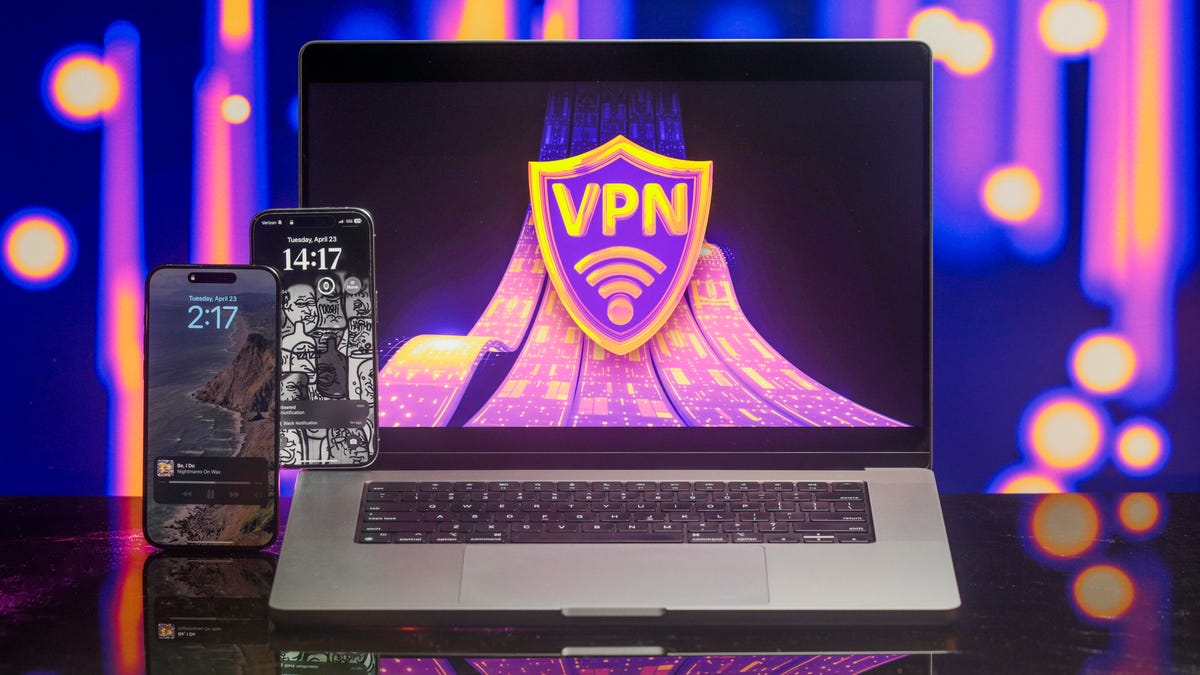Proton VPN
Proton VPN is developed by the Swiss-based company behind the popular secure email service Proton Mail. VPN has built a reputation for top-notch security and maximum transparency. Proton VPN’s apps are fully open source, and the software is also regularly audited to help affirm the VPN’s security for users without the time or knowledge to inspect code. On top of security features like a kill switch and DNS leak protection, Proton VPN offers extras like malware protection, Tor over VPN, and a stealth protocol to help hide the fact that you’re using a VPN. If you connect to Proton VPN’s Secure Core servers, you’ll be able to route your traffic through secure data centers located in Switzerland, Sweden, or Iceland before exiting another location. This provides a critical additional layer of security if you are a user with increased privacy needs. In addition to its robust privacy protections, Proton does well in unblocking content from various streaming providers, including Netflix.
Proton VPN is a great choice for budget-conscious VPN users looking for a free VPN. Proton VPN offers the only free VPN recommended by CNET because it’s secure and places no limits on speed, data, or usage time — something the vast majority of free VPNs can’t claim. The free tier doesn’t include torrent support or access to its Secure Core servers, but it offers the same encryption standards and includes the same basic privacy protections like a kill switch, DNS leak protection, and a no-logging promise. Free users are given one connection at a time and access to servers in five countries (Japan, Netherlands, United States, Poland and Romania). If you want to buy a Proton VPN subscription, it’s not as wallet-friendly as the others at the top of this list. The monthly plan is on the cheap side at $10 per month, the annual plan costs $60 for the first year and jumps to $80 per year, and the two-year plan costs $108 for the first 24 months (then $80 per year). Proton’s premium plans offer access to over 6,500 servers in 112 countries, and you’ll get 10 simultaneous connections. For $80, you can get three years of PIA compared to one with Proton VPN.
Read our Proton VPN review
PrivateVPN
PrivateVPN is a wallet-friendly VPN provider that sets you back $11 per month, $45 for the first year (then $60 per year), or $54 total for the first two years (then $96 total for two years). In addition to its paid premium plans, PrivadoVPN offers a free VPN tier that gives you access to 13 different international servers, including locations in the US, UK, Canada, France, Brazil, Argentina, Mexico, Switzerland, Germany, and the Netherlands. The zero-cost service lets you choose any server you like, but you’re limited to 10GB of monthly usage.
With a paid plan, PrivadoVPN offers hundreds of servers in 49 different countries. That’s fine for casual users, but far less than the thousands of servers in 100-plus countries that competitors like ProtonVPN, NordVPN, Surfshark, and ExpressVPN boast. In our testing, Privado was good for casual users, offering mostly user-friendly apps, solid streaming service unblocking, and privacy-friendly jurisdiction.
However, its small server network, unreliable online download speeds, and lack of third-party audits make it difficult to recommend for all but basic privacy. Power users looking for blazing fast streaming speeds, international travelers or people with critical privacy needs (like political activists, asylum seekers or paranoid streamers) should look elsewhere. But if you need basic privacy for web browsing or streaming on a budget, Privado’s free or low-cost plans may fit the bill.
Read our PrivadoVPN review.
